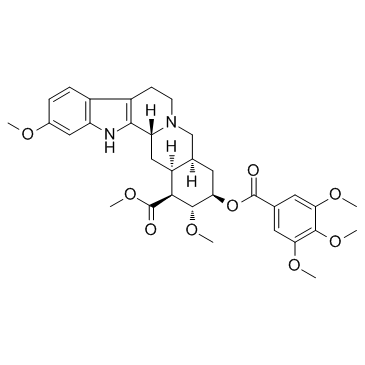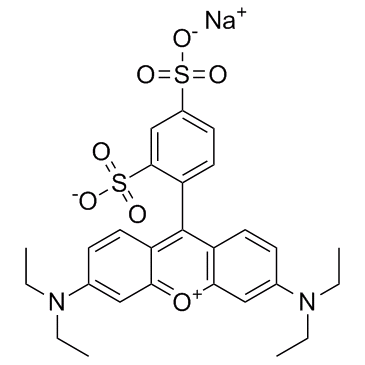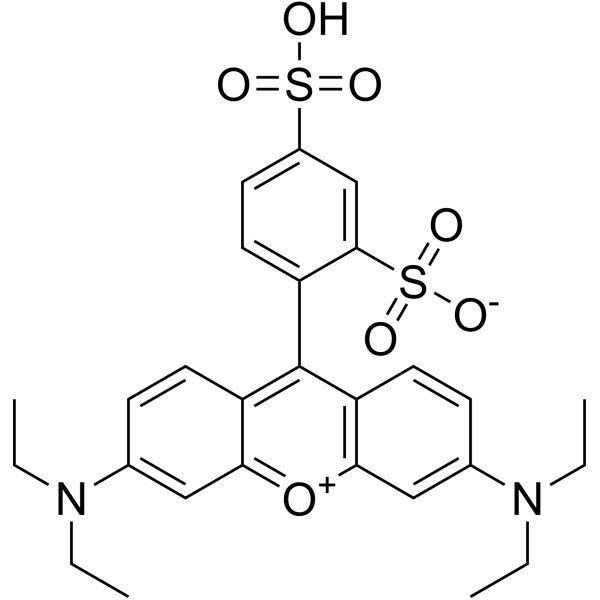| Structure | Name/CAS No. | Articles |
|---|---|---|
 |
Reserpine
CAS:50-55-5 |
|
 |
Acid Red 52
CAS:3520-42-1 |
|
 |
Lissamine rhodamine B
CAS:2609-88-3 |